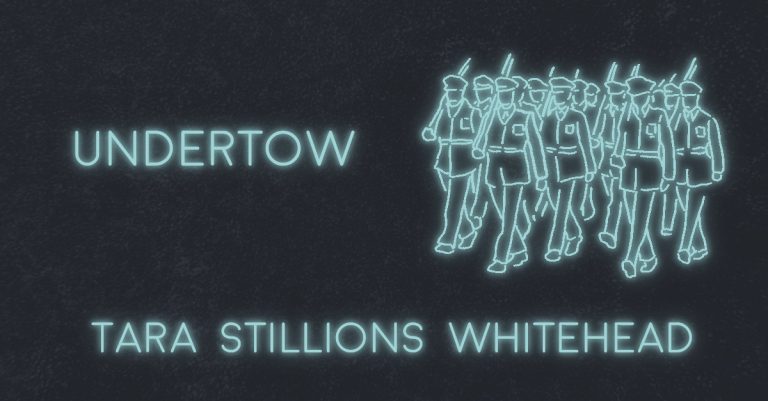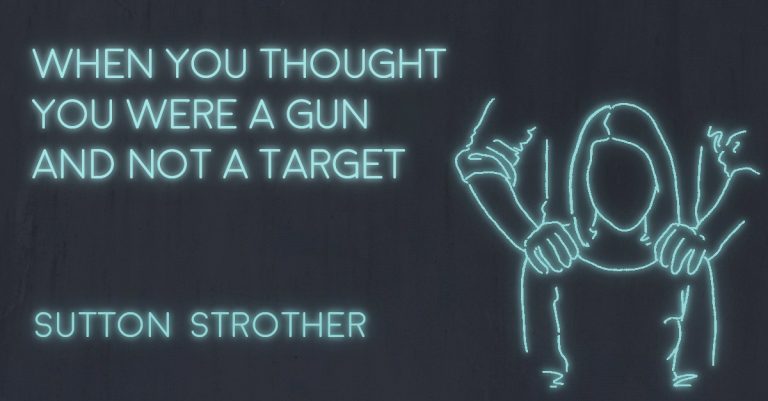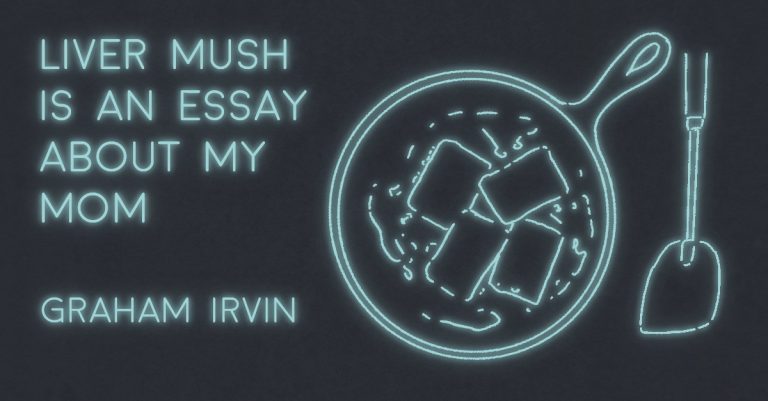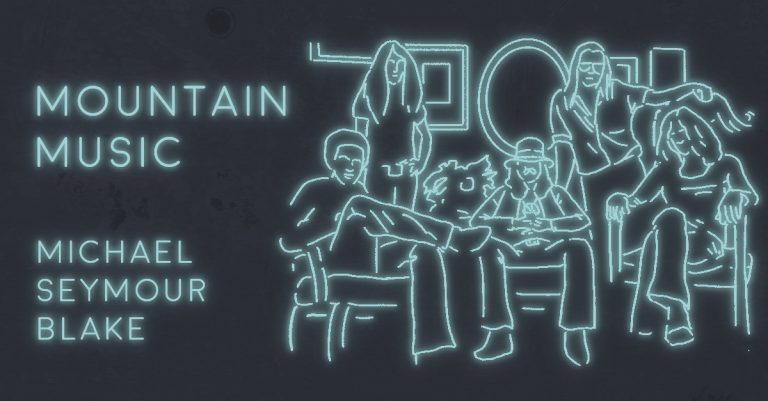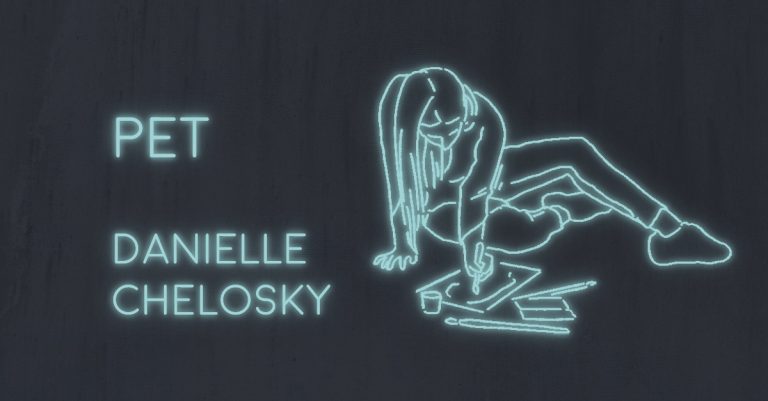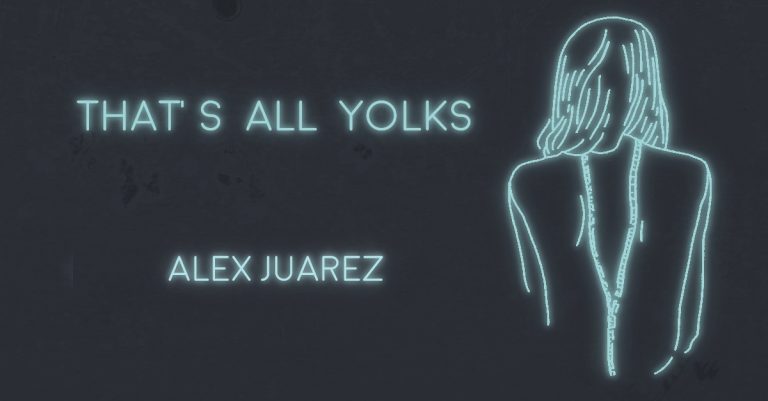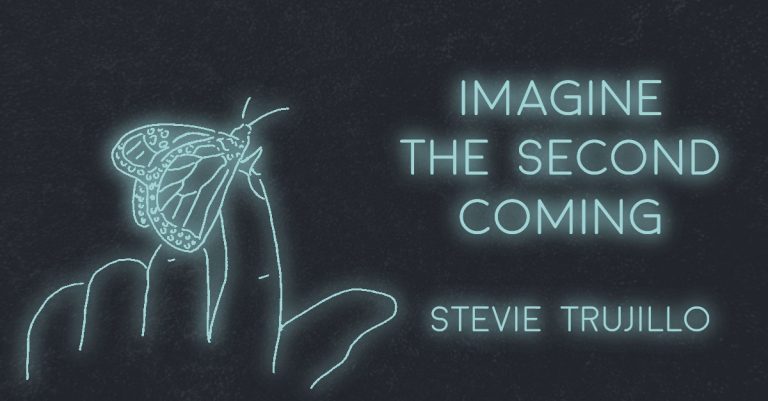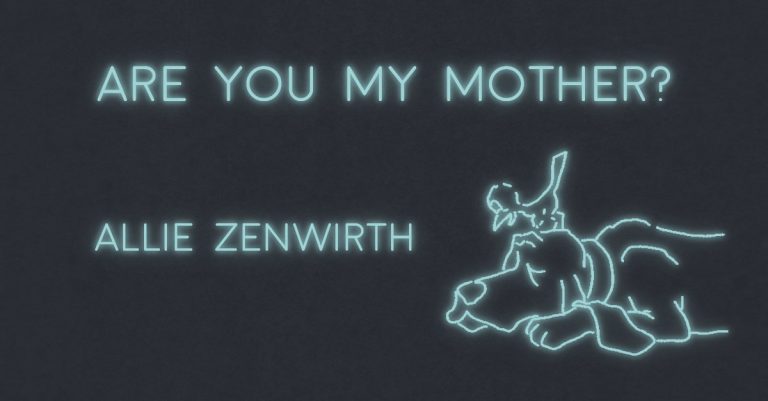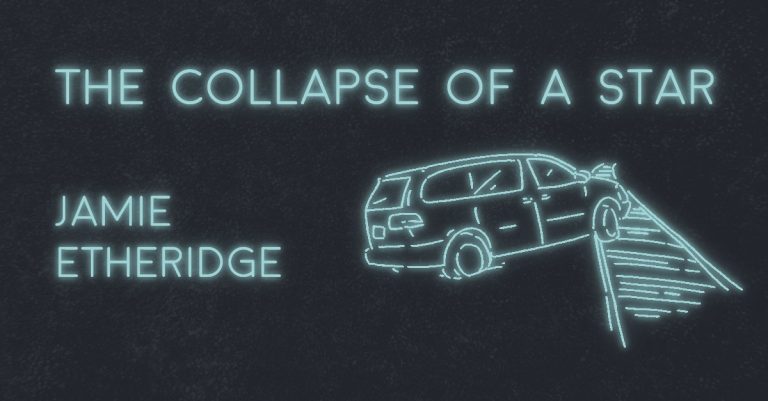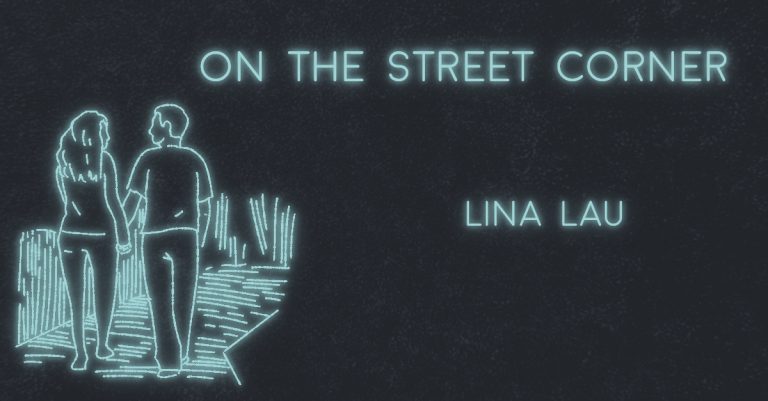A
I used to get these pangs of want, filled with unnamable desires. You would find me jumping. You would find me erratic. I want to make something. I want to dance with somebody… I want to feel the heat with somebody… yeah... With somebody who loves me. Я хочу. I want… I want… I want… I don’t know… I want… If you were that stranger at the bar you would ask me, “How do you have so much energy?” and I would say, “I don’t know,” and then jeté away.
Now I’m drained, all my juice is gone. Instead of yelling at people to, “Wake up!” I’m alone in a desert of darkness, amputated, stuck on scalding asphalt, bleeding as I push myself forward by my stumps one inch at a time into a never-ending nightmare. Nobody’s home inside me. My voice is deeper and flatter, allowing my new apartment-mate to clock me as trans:
New Apartment Mate: Can I ask you a question?
Allie Zenwirth: Sure
New Apartment mate: Your voice is very thick
Allie Zenwirth:
New Apartment Mate: (winks, gives thumbs up)
I am in a manhole of wanting to die. The lid standing between me and the street weighs 249 lbs (as manhole covers are wont).
My therapist points out that my suicidality is reasonable.* That makes me feel better.
*he phrases it differently.
B
In the beginning of 2020, Corona Time, New York was the epicenter. I stayed with my Russian professor in Yonkers for a month, and during one particular dinner, as I talked everyone’s heads off about the Community, I got a text.
Father: How are you feeling?
I announced: “Guess who just texted me?” I consumed everyone. “That’s a weird text, right? The first time in months: ‘How are you feeling?’ How should I respond?”
From my father’s perspective, a concern regarding my health was reasonable. About half of the Chasidic community was infected by the virus. He was. My mom was. His brothers were. My mom’s siblings were.
I had a follow up call with my father who said he’ll call me back, but he never did. However, the virus gave my mom an excuse to talk with me again. We hadn’t spoken in a year.
C
For a while, her disembodied voice was a grounding presence. She was someone to talk to when I moved back to my room in Jersey City. A windowless basement room in which I couldn’t stand upright, without A/C, and infested with both cockroaches and ants. Housing-wise, things improved when I paid the extra $150 and moved up to the second floor. I was still unemployed, alone, without many friends.
D
Throughout my years at Sarah Lawrence College, I would be on the verge of homelessness during the winter breaks when the campus closed, relying on the kindness of strangers. During the break my senior year, January of 2019, I called my mother, asking her if she wanted to get together. Just like the year before, she asked if she could think about it and call me back. After three days, she decided she would be down to meet, but just like the year before, it would need to be in secret. We discussed our options and my mom determined it would be as if we were to have an affair. We would book a hotel room.
The following Wednesday morning, after eating two egg and cheese English Muffins I had gotten from Dunkin’ the night before, I looked out the window of a room in Hotel Le Blu and watched as a woman approached the hotel. She had gained weight. As usual she was wearing body-covering dark-colored clothing and false hair.
My mother entered the hotel and came up the elevator. I found her in the hallway, looking lost. I hugged her as if she were a pillow. Going into the room she put down her bags of Greek yogurt for herself and homemade cookies for me and we sat down on chairs facing each other. She got straight down to what she wanted to tell me.
Mom: I love you.
Me: I love you too.
Mom: I like talking with you on the phone.
Me: I like talking with you too.
Mom: I know you are well intentioned, but you writing a memoir has been incredibly hurtful to me. I know you think you’re doing it for the right reasons, but I don’t think it’s ok that you expect me to keep talking with you.
Me: Is it because I am writing about you? I could use a pseudonym.
Mom: Being written about is part of it. You know I’m a private person.
Me: (nods unsure)
Mom: But...
The real problem? I would be writing negatively about the Community.
E
Talking with my mother in the bowels of my basement room was not all bliss. We would argue in almost hour-long bursts. Strangers would look at me strangely as I broke the silence of the night, making laps around my neighborhood, raising my voice in vehemence. She argued that I wasn’t Paul Revere rousing the colonials, that my memoir was not whistleblowing, that I was sharing with the world a warped version of the Chasidic Community, one driven by hatred and personal grievance.
I argued that the Chasidic Community was a place where human rights were being violated.
In August of 2020, when my mother recruited an aunt and an uncle to help refute my claims, when three people telling me that my experience in the Community was my own fault* became too much, I told my mother so. I told her we could continue to speak but I will not be gaslighted. She stopped calling me.
*My mother will laugh. How predictable: another conversation that I warp and misconstrue. What else is new?
F
So now here I am in September of 2020, isolated, with a deadness all too familiar. My feelings blend with those of my still-in-Community-self, the mirage of pain I left behind in 2016, when I escaped. An experience I hoped would never return.
G
In 2011, when I was thirteen, I would sit beside Halberstam, a rabbi who was also a therapist, in the uncomfortable chair besides his desk, waiting. The darkness that had surrounded me since the age of five had turned into a throbbing pain. I was waiting for Halberstam to tell me why. To prescribe me some Advil.
Like a pediatrician walking into a room saying, “Hi, how are you doing?” who would hear a few symptoms then confidently declare, “So here is what I’m going to do,” Halberstam found the problem: it was my parents. They had been putting “interjections” in my brain, programming me to believe that I deserved to be miserable. He implied that I was abused. I had never liked my parents, but I never realized their terribleness. “Oh boy, poor me.”
Halberstam’s abuse theory was not based on anything I said. I found out later that my mother had been seeing him as a patient as well. He must have based it on what my mother told him during her therapy. Something real. Unwilling and unable to tell me the truth, he turned it into something vague, which turned into “my parents are abusing me.” He didn’t bother to check in and see if that was my lived experience. He didn’t bother to check in and see if that was what made me unable to see anything but bleakness.
H
In 2014, after my second hospitalization in a psych ward, at sixteen, my mother and I became friends. Prison inmates. My mother shared that she never wanted me to be born. I was grateful she told me as it meant I wasn’t making things up. For a while, that was all that was mentioned of it. Then, in 2020, during the few months we resumed talking, my mother added that she didn’t want to get married either. She described her increasing dread as the wedding date had drawn nearer.
I
In 2020, when we would be on the phone, I argued that the Community was to blame for her marriage and my birth. The Community made her get married to someone she didn’t know at 18, and made her pump out one kid after the other. But in her mind the fault was her own. She could have decided not to get married and be ostracized. She chose to get married because deep down she wanted to. “We all need connection.” She could have gone on birth control even though she wasn’t allowed to without permission from a judge. She chose to have kids to prove to the world that you can have kids and not love them.
J
Sister Cathleen (Margaret Qualley) is a novice in training at a nunnery in Novitiate (2017). She is intimacy repressed to the extent that she can’t bear hearing the object of her desire, Sister Emmanuelle (Rebecca Dyan), read the bible. One night, Sister Emmanuelle wakes up to a knock on her door. She opens it a crack.
Sister Emmanuelle: (whispers) You can’t be here
Sister Cathleen: (inaudible pleading)
Sister Emmanuelle: Okay
They both sit down on the bed nervous. LONG pause.
Sister Cathleen: Do you remember… Do you remember when you asked what I was starving for? I just want to be comforted… please will you just comfort me… please… please will you just… please will you just… please I just want to be comforted… please will you just comfort me... Please… Please… Please… Please will you just comfort me… Please will you just comfort me…
Unable to shut up until she is held, kissed, smothered, and eaten.
I feel that.
